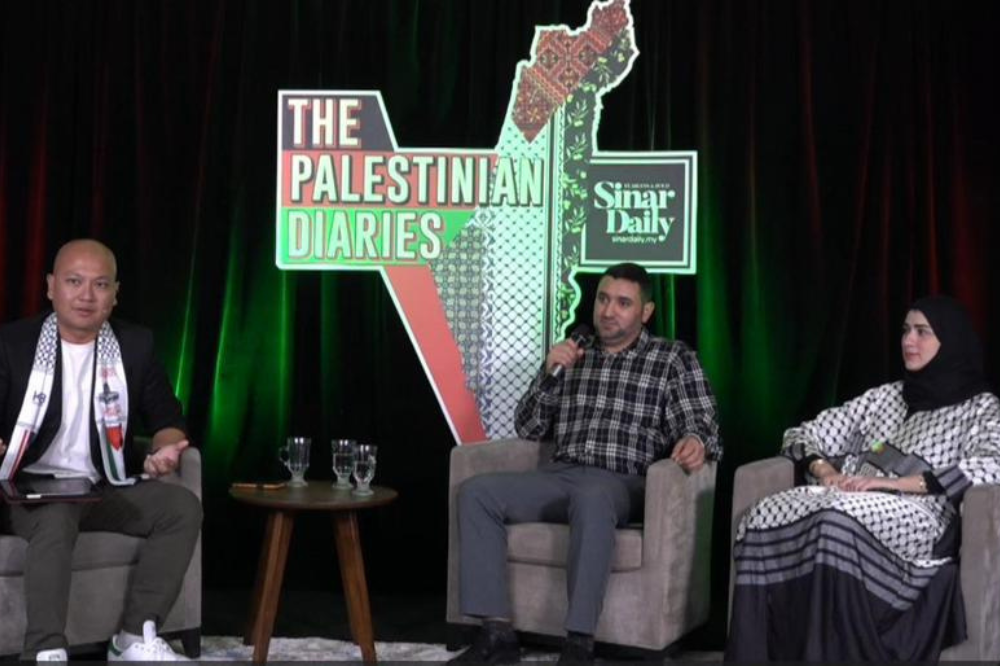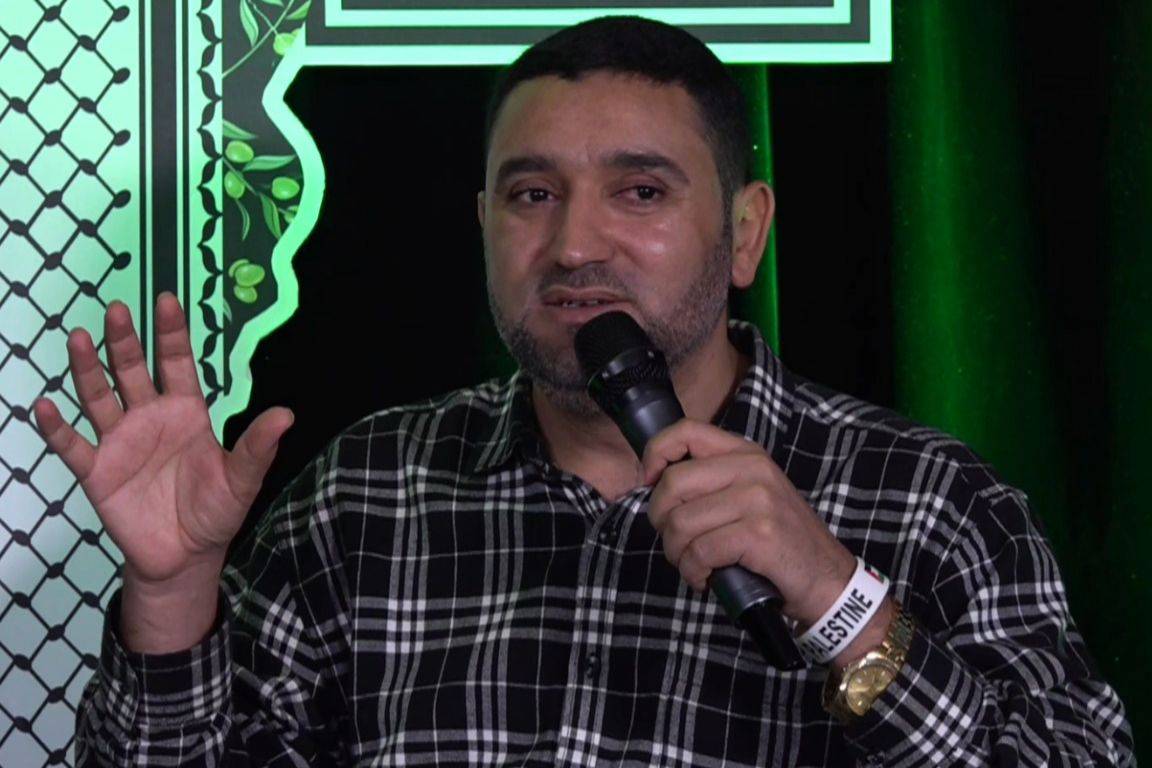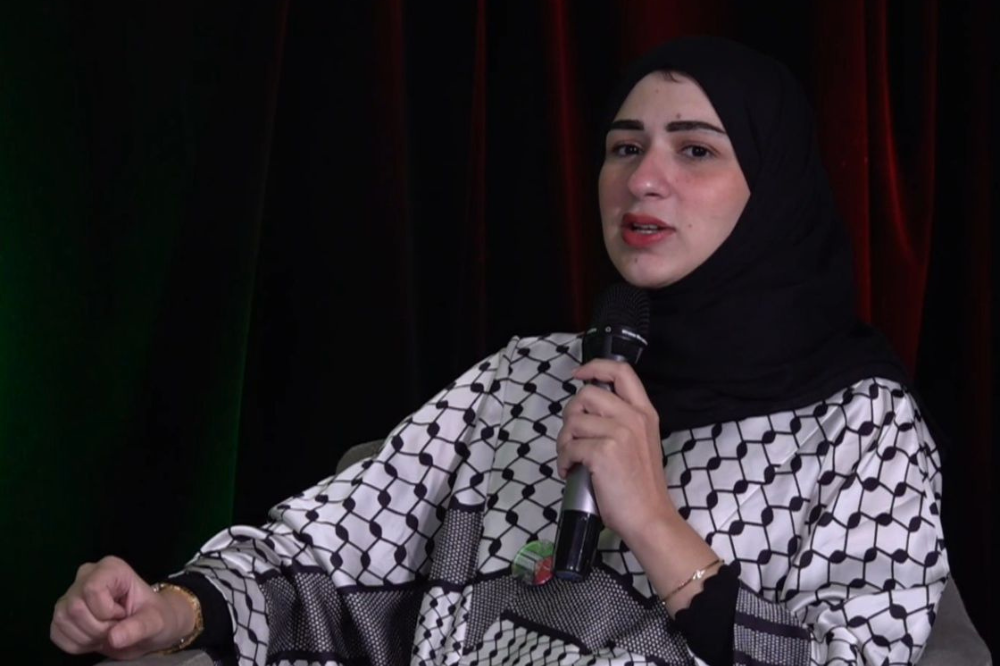Gaza under siege: A family’s struggle to survive and escape
What was meant to be a warm homecoming quickly turned into a nightmare when the Oct 7 bombing campaign began.

SHAH ALAM – “You must not come to Gaza, or you will be trapped in the war here and will not be able to finish your studies in Malaysia.”
Palestinian Dr Mohammed H. Alaqad, 39, recounted the conversation he had with his mother as he was working in Management and Science University (MSU), here.
Respecting his mother’s wishes, Mohammed stayed away from Gaza for 14 years, completing his studies and starting his career as an assistant professor at the university.
However, in September 2023, he received a call from his brother who said that their mother was diagnosed with breast cancer, which left him sleepless.

The next morning, without hesitation, he took leave from his work and travelled back to Gaza with his family of five.
Upon arriving, he saw his family who had waited at the Gaza border all night to celebrate their return.
However, what was meant to be a warm homecoming quickly turned into a nightmare when the Oct 7 bombing campaign began.
“On that day (Oct 7), after Fajr prayer, my wife woke me up as she heard the sounds of bombings. I got up and I saw rockets fired through the windows,” Mohammed told the audience during The Palestinian Diaries: A Day of Culture, Stories and Solidarity event held at Karangkraf Media Group here on Oct 8.
He explained how the Israeli forces controlled Palestinians through their SIM cards since most of the communication companies were owned by them and how they used it to track and target families of Palestinians who had broken through the barrier around the Gaza Strip for an operation in Israel, killing 1,139 people and capturing about 250.
“They use this data to find and execute people. Israeli helicopters covered the skies, shooting everywhere, targeting people believed and executing them.
“It can trace you where you are exactly,” he said.
The rockets were flying 50 metres away from their home base from 6am until 2:30 pm toward Israel.
Mohammed's family, including his wife Lama Alaggad, their eight-year-old son, four-year-old daughter and six-month-old baby were deeply traumatised.
Lama, who was also present at the event, shared her disbelief, saying she recalled thinking, “This is not real,” as she shared how their children cried, begging to return to Malaysia.

Their displacement began soon after, moving from house to house, tent to tent—over 20 times in total.
“We thought the war would last only a week or two, but it dragged on for months,” Alaqad said.
By the second or third week, the Israelis were invading all areas of Gaza.
“A whole neighborhood could be wiped out in just two or three days,” he added.
He said from time to time, the Israelis would drop pamphlets and aerial leaflets from the sky containing maps telling the Palestinians which ‘safe zone’ to evacuate to, such as Al-Mawasi.
“Imagine, we had to be displaced more than 20 times. Every three or four days, there would be someone who came to you and asked you to evacuate to somewhere 10 to 15km away from where we stayed with all our belongings.
“We would go barefoot without any transportation,” he said.
Further depicting the state of the war zone, he said that all infrastructure there was destroyed, including roads, hospitals and banks.
“The truth is they (Israelis) don’t want the Palestinians to move and stay where they are so it would be easier to wipe us out,” he said.
Surviving became a daily challenge, with shortages of clothes, food, baby formula, diapers, sanitary pads and other essentials.
Lama shared that she initially breastfeed her youngest son but had a close shave with death as she faced an Israeli sniper and survives a shooting as the bullet went right next to her shoulder.
The incident left her traumatised, which led her to being unable to breastfeed her youngest son.
Due to this, she shared the pain of waiting hours in line for formula milk, only to be told it had run out as well as asking neighbours for baby clothes to ensure that her children were warm.
Lama said with limited resources, everything was overpriced including diapers being priced at RM200 per item, making them unable to afford them and resorting to alternatives.
“We had to queue for two to three hours just to get them, and sometimes, after queuing, they would say that they had finished and we have to find them somewhere else or end up with nothing to feed our babies and we started using alternative for the baby,” Lama said.
At times, they went without food for two days, relying only on water, some of which was contaminated. Lama recalled not being able to shower for two weeks, sometimes resorting to dirty seawater without soap.
Their children suffered from health issues due to the lack of proper nutrition.
Their youngest son, who had to resort to constantly changing formula milk, would experience diarrhoea, constipation, rashes, and infections which led him to lose five kg from his original weight of 10 kg when they first arrived in Gaza.
"If we had stayed another few months, our baby would have died," they said.
After seven months of praying to escape Gaza, they finally managed to leave.
It cost them around RM150,000, which was raised through the help of friends, colleagues and a GoFundMe campaign, as the price to exit Gaza had skyrocketed to USD$5000 per person for adults and USD2,500 per child.
Mohammed expressed hope that Gaza would be liberated soon, citing his belief in the Quran and the story of the Prophet Moses. He said that the people generation would change every 40 years. He believes that by 2027, it would be the end of Israel.
“I believe that this is the generation of liberation, where the Nakba (catastrophe) already happened during 1948, Intifada generation in 1988, and followed by the liberation generation in 2027,” he said.
Lama, who is currently studying for a master’s degree in women’s and children’s rights at the University of Malaya (UM) in Malaysia, echoed her husband’s hopes for a free Palestine.
She emphasised the need for powerful nations to step in and end the conflict, expressing frustration at the inaction of the 21 Arab countries influenced by Western powers like the US and the UK.
They expressed their thanks and gratitude to the Malaysian government and people for welcoming all the Palestinians.
Mohammed currently works at the Hashim Sani Center for Palestine Studies at Universiti Malaya.
To date, Israel has killed nearly 42,000 people in Gaza, though the actual figure is presumed much higher.
Thousands more are buried under the rubble of destroyed buildings or unaccounted for and still thousands of others are likely to die from continuous bombing by Israel.















